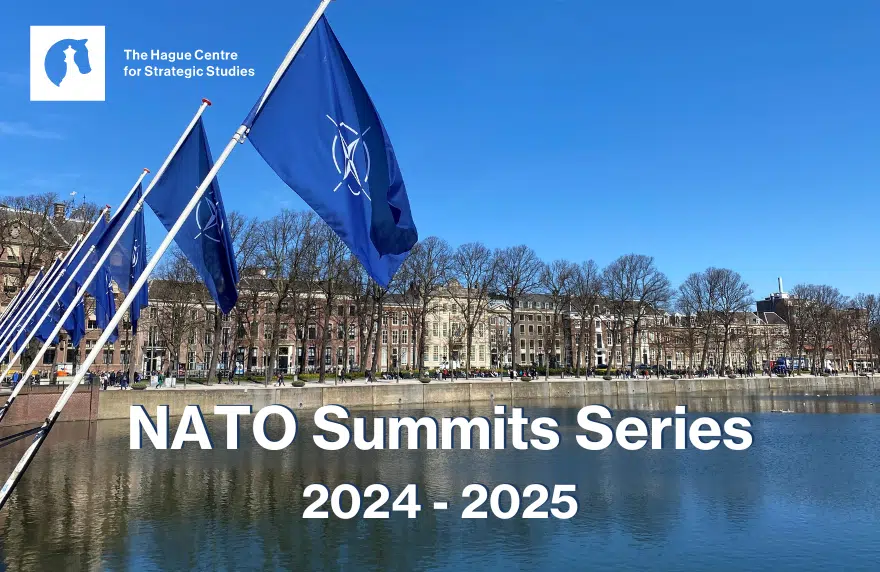HCSS strategic analyst Davis Ellison contributed to the latest volume of the Georgetown Security Studies Review, with a paper titled “The Role of Conventional Counterforce in NATO Strategy: Historical Precedents and Present Opportunities“.
Multiple NATO states have acquired long-range, highly precise conventional missiles and have discussed using these to target Russia’s nuclear weapons, risking possible nuclear escalation. How has conventional counterforce strategy shaped NATO’s history, and would such a strategy be viable today?
This paper addresses these questions by first reviewing the literature on conventional counterforce, thereby exploring various models that explain why states pursue such capabilities. It argues that, due to the complexities of alliance politics and the role of nuclear weapons within them, there is mounting pressure for non-nuclear-armed states to acquire conventional capabilities to credibly and independently threaten a nuclear-armed competitor’s secure second-strike capability.
The paper then applies this explanation to two case studies: 1) NATO’s Cold War counterforce strategies vis-à-vis the Soviet Union; and 2) current NATO counterforce strategies in the context of deteriorating NATO-Russia relations and the global arms control regime.
The paper finds that non-nuclear NATO states are acquiring conventional counterforce capabilities to target Russia’s nuclear arsenal without sufficient attention being paid to escalation risks or broader strategic opportunities to bolster arms control.
The Georgetown Security Studies Review (GSSR) is an official publication of the Center for Security Studies at Georgetown University’s Edmund A. Walsh School of Foreign Service.
Author Davis Ellison is a PhD Candidate at King’s College London and a strategic analyst at The Hague Centre for
Strategic Studies. His dissertation research focuses on the internal dynamics of NATO political and military structures both during and after the Cold War, using this lens as an explanatory variable for important NATO shifts over time. He has written widely on civil-military relations, arms control, and national security policymaking.
Source: Georgetown Security Studies Review, Volume 12, Issue 1






